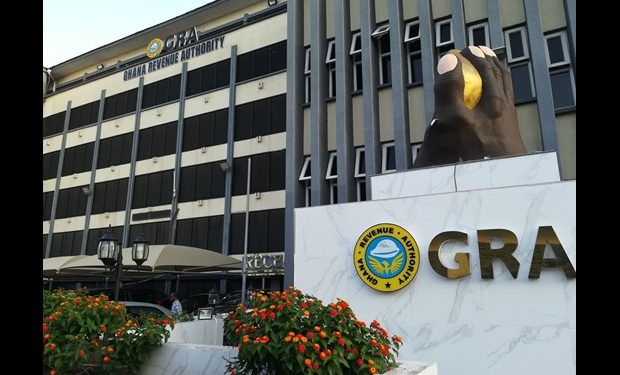The Ghana Revenue Authority (GRA) has been urged to design and implement an innovative tax policy that will stimulate employment creation and support business expansion in the country.
The Ghana Employers Association (GEA), which made the call, recommended the provision of realistic incentives in the form of Job Creation Tax Credit (JCTC) to businesses that consistently maintained or increased their work force above a certain threshold.
The President of the GEA, Daniel Acheampong, said at the 63rd annual general meeting of the GEA that the approach would not only help enterprises to thrive, but also propel economic development and higher tax revenues.
The fallouts of the COVID-19 pandemic and the uncertain economic environment, he said, continued to impact business operations and, therefore, urged the GRA to consider granting tax holidays, flexible payment plans and extension of filing deadlines to distressed local businesses as a measure to reducing their financial burdens.
Forceful closure of businesses
These relief measures, Mr Acheampong said, would serve both the immediate needs of businesses and the long-term interests of the economy.
“We have noticed a trend where officials of the authority close down enterprises for reasons of various tax irregularities during sessions of their inspection exercises,” the president said.
He said the GEA held the view that the approach did not aid business progress and sustainability, since in the business community, each minute lost without operation was revenue lost to the enterprise and the government.
Such a novel approach, Mr Acheampong emphasised, should be adopted to handle officials of enterprises who faced issues of non-compliance and allow the affected enterprises to operate at their optimum capacity.
“Dialogue is a tried and tested tool with the integrity to promote win-win outcomes for the stakeholders involved,” he added.
He said the outlook of the economy was critical in shaping business and investment decisions.
GEA initiatives
Talking about some of the initiatives of the association, the GEA president said its office building was at the final stages of completion and called for support to complete the project and bring it to the standard of high-profile employer organisations in other parts of Africa and beyond.
The GEA president said the completion of the project would not only put the association on the high pedestal that it deserved but also enhance its influence, image and visibility on many fronts.
Private sector
The Deputy Minister of Employment and Labour Relations, Bright Wireko-Brobby, said the GEA over the years had played an important role in the country’s stability as it supported the government to offer employment to the citizenry.
The government, the deputy minister said, would continue to create the enabling environment for the private sector to thrive because out of the 12 million workers in the country, the private sector employed 10 million, while the government absorbed only two million.
He commended the GEA for its contribution to the country’s development and gave an assurance that the government would not introduce outrageous taxes that would collapse their businesses.
In a speech read on his behalf, the Commissioner-General of the GRA, Rev. Dr Ammishaddai Owusu-Amoah, indicated that the task of nation-building was an arduous one and, therefore, without collective support, the tax authority would struggle to mobilise the needed revenue for economic growth.
Business owners, he advised, should take advantage of the digital solutions provided by the GRA to increase tax compliance and support the authority to improve its services.
Also, the GRA boss urged taxpayers to cooperate with the authority in the challenging economy to expose other eligible persons who were not tax compliant.










Discussion about this post